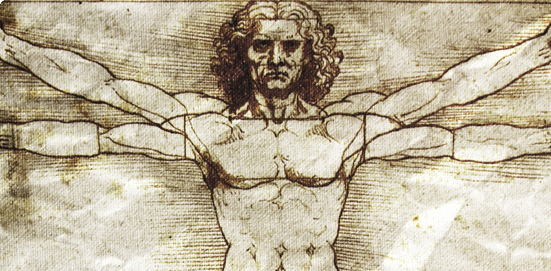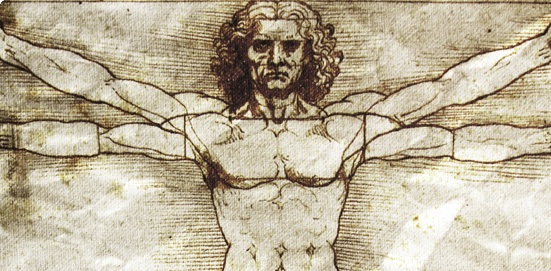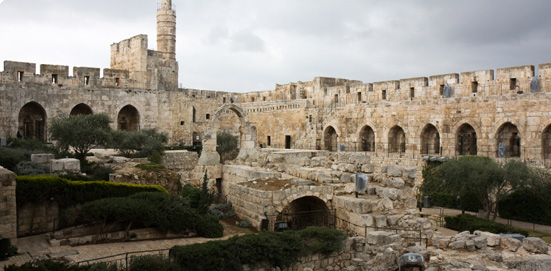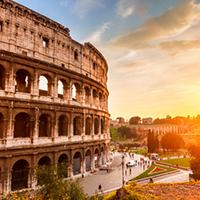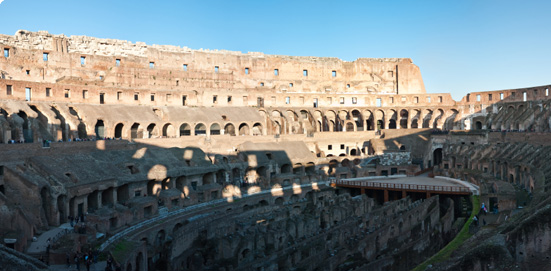
Roman Empire
Rome was one of the great powers of the ancient world and it was a powerful factor in the spread of Christianity. Find out more about the history of this mighty empire. In 700 B.C., Rome was a small city in Italy that controlled only the area close around… Read More





